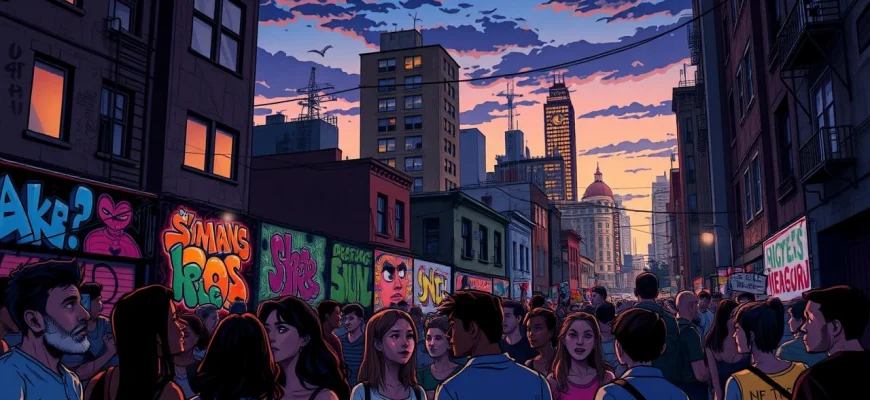If you loved the raw energy, social commentary, and unforgettable characters of Spike Lee's 'Do the Right Thing' (1989), you're in for a treat. This article explores nine films and TV shows that capture the same intensity, cultural relevance, and thought-provoking storytelling. Whether you're drawn to urban dramas, racial tensions, or powerful narratives about community, these picks will keep you engaged and reflecting long after the credits roll.
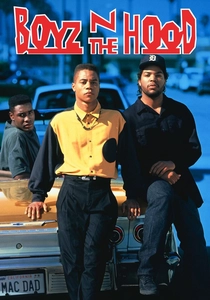
Boyz n the Hood (1991)
Description: Similar to 'Do the Right Thing', 'Boyz n the Hood' explores racial tensions and systemic issues in urban America. Both films use a day-in-the-life narrative structure to highlight the struggles of Black communities. The films share themes of police brutality, economic disparity, and the quest for dignity.
Fact: John Singleton became the youngest person and first African American to be nominated for the Best Director Oscar for this film. The film was shot in sequence to help the young actors develop their characters naturally. Ice Cube's performance marked his transition from rapper to respected actor.
 Watch Now
Watch Now 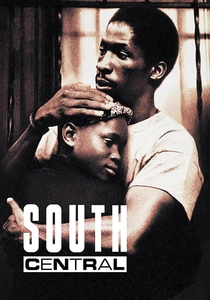
South Central (1992)
Description: This film mirrors 'Do the Right Thing's' exploration of how environment shapes lives, particularly focusing on gang culture's cyclical nature. Both use intense heat as a metaphor for rising tensions, and both climax with tragic violence that forces characters to reevaluate their choices.
Fact: Based on Donald Bakeer's novel 'Crips'. Features early performances by Glenn Plummer and Lexie Bigham. The film's prison scenes were shot at actual Folsom Prison.
 Watch Now
Watch Now 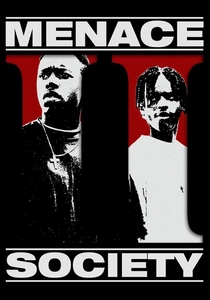
Menace II Society (1993)
Description: Like 'Do the Right Thing', this film presents a raw, unflinching look at urban violence and racial inequality. Both use vibrant cinematography to contrast the beauty and brutality of their settings. The films share a moral ambiguity, forcing viewers to question right and wrong in oppressive environments.
Fact: The Hughes brothers were only 20 and 22 when they directed this film. Much of the cast were non-actors recruited from South Central LA. The iconic 'what you looking at?' scene was improvised.
 Watch Now
Watch Now 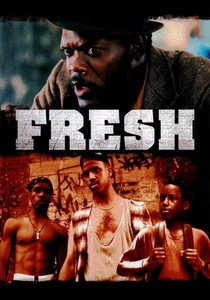
Fresh (1994)
Description: Like 'Do the Right Thing', 'Fresh' uses a young protagonist's perspective to examine urban violence and survival. Both films balance gritty realism with moments of poetic beauty, showing how children navigate dangerous environments. The chess motif in 'Fresh' parallels Mookie's strategic decisions in 'Do the Right Thing'.
Fact: Director Boaz Yakin wrote the script in just two weeks. Sean Nelson (Fresh) was only 12 during filming. Samuel L. Jackson took a pay cut to appear in this indie film.
 Watch Now
Watch Now 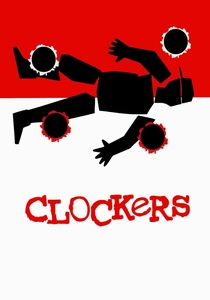
Clockers (1995)
Description: Spike Lee's 'Clockers' shares with 'Do the Right Thing' an examination of racial dynamics and police relations in Brooklyn. Both films use bold visual styles (notably the dolly shots) and ensemble casts to portray community tensions. The films question systemic issues while maintaining complex character studies.
Fact: Originally developed by Martin Scorsese before Spike Lee took over. The title refers to drug dealers who 'clock' long hours on street corners. Features one of Harvey Keitel's most nuanced performances as a detective.
 Watch Now
Watch Now 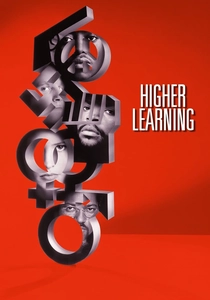
Higher Learning (1995)
Description: John Singleton's campus drama shares 'Do the Right Thing's' multi-narrative approach to racial tensions. Both films show how misunderstandings escalate into violence, using ensemble casts to represent different perspectives. The films share a urgent, confrontational style in addressing racism.
Fact: Features early performances by Omar Epps and Tyra Banks. The protest scenes were inspired by real 1990s campus demonstrations. Ice Cube's character was originally written as white.
 Watch Now
Watch Now 
American History X (1998)
Description: This film extends 'Do the Right Thing's' examination of racial hatred to focus on white supremacy. Both use shocking violence to show the consequences of bigotry, and both employ striking visual techniques (like the black-and-white photography) to heighten emotional impact.
Fact: Edward Norton famously clashed with director Tony Kaye over editing. The curb-stomping scene took 3 days to shoot. Norton based his voice on recordings of actual skinheads.
 Watch Now
Watch Now 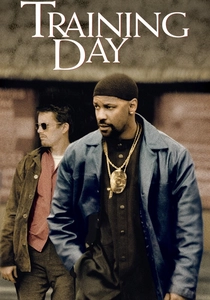
Training Day (2001)
Description: This film shares 'Do the Right Thing's' exploration of power dynamics in urban spaces, particularly between police and communities. Both use intense performances (Washington in both films) to show moral ambiguity. The films depict how institutional corruption affects neighborhood relationships.
Fact: Denzel Washington's only Oscar win for Best Actor. The famous 'King Kong' speech was improvised. Shot in just 42 days on location in South Central LA.
 Watch Now
Watch Now 
City of God (2002)
Description: Like 'Do the Right Thing', this Brazilian epic uses vibrant cinematography to portray life in an impoverished community. Both films show how environment dictates fate, using ensemble casts and episodic structures. The films share a kinetic energy and moral complexity in depicting systemic violence.
Fact: Most actors were non-professionals from Rio's favelas. The 'Runaway Chicken' sequence required 3 months of planning. Director Fernando Meirelles used real locations still controlled by drug gangs.
 Watch Now
Watch Now 
